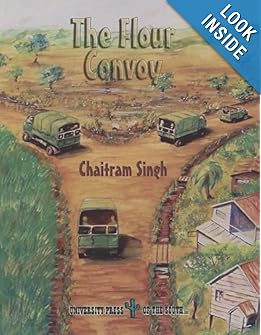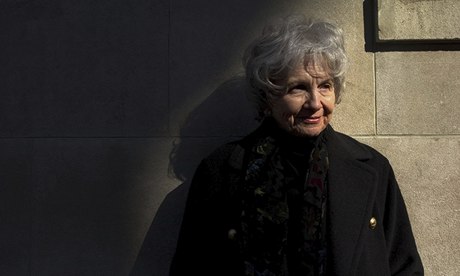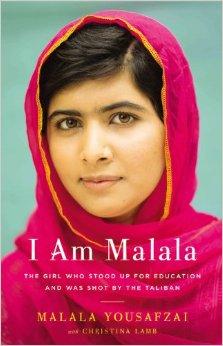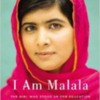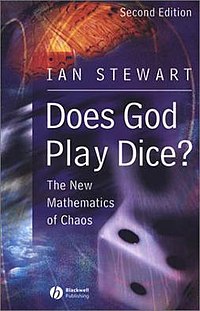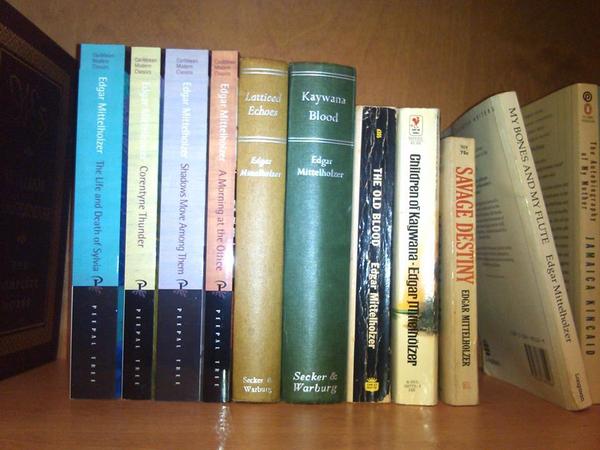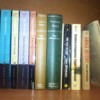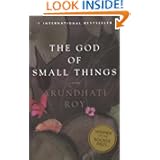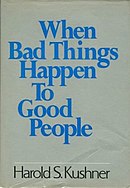
Rabbi Harold Kushner dedicated this book in loving memory of his son Aaron who died in 1977 at the age of 14 of the incurable genetic disease progeria.
The question Kushner addresses in the book:
"If the universe was created by God and is governed by god---who is loving and kind---then why is there so much pain and suffering in it ?"
Rev

